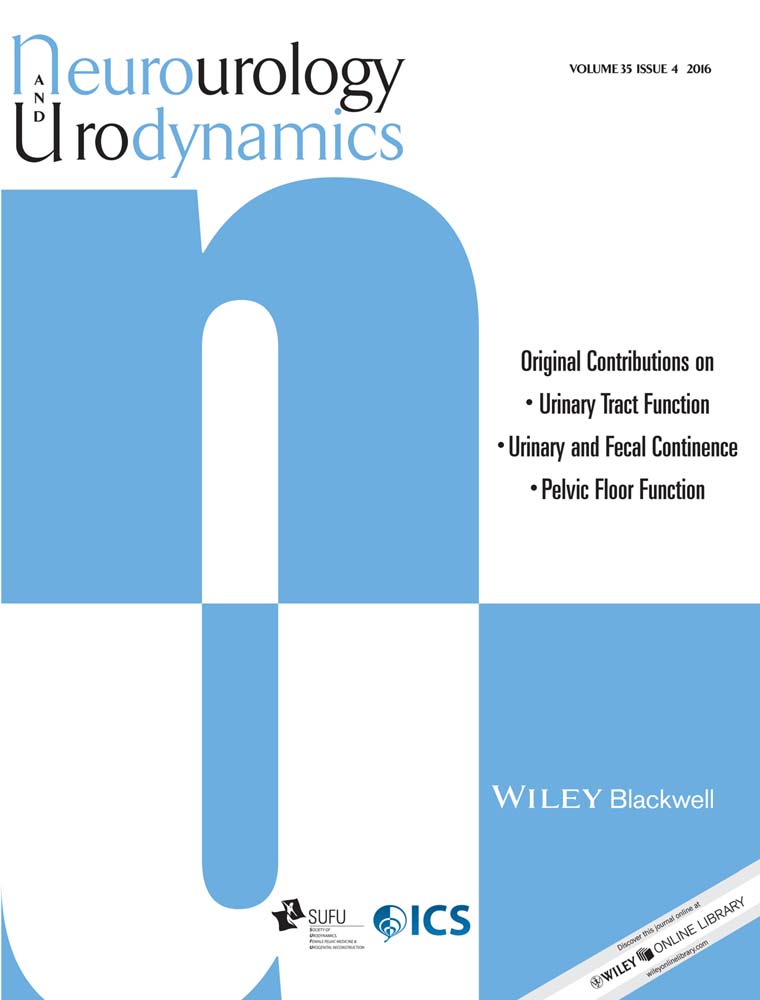Use of clean intermittent self-catheterization in France: A survey of patient and GP perspectives
Abstract
Aims
To estimate the prevalence of GP (general practitioner) patients performing ISC (intermittent self-catheterization), to describe GP and patient knowledge about ISC and to assess the patients’ quality of life.
Methods
A cross-sectional study was conducted in metropolitan France between November 2012 and September 2013 with French Sentinelles GPs and their patients (≥18 years) performing ISC. Linear regression models assessed independent associations between quality of life scores (Qualiveen and SF-12 scores) and patients’ characteristics.
Results
The prevalence of ISC performers was estimated to be 61.7 (95% confidence interval [CI] = 61.0–62.4) of 100,000 inhabitants. Patients were males in 58.8% of cases and 53.8 years of age on average. They performed 4.84 catheterizations per day for 10.5 years. Over 1 year, there were 118 (55.1%) cases of patient-reported urinary incontinence (UI) and 158 (63.3%) cases of patient-reported urinary tract infection (UTI). Symptomatic UTIs were treated with antibiotics in 79.7% of cases. The average Qualiveen score was 1.38 (95%CI: 1.23–1.53). The average SF-12 Physical Component Score (PCS) and Mental Component Score (MCS) were 38.6 (95%CI: 36.8–40.4) and 46.4 (95%CI: 44.3–48.5), respectively. According to multivariate analysis, a poorer Qualiveen score and constipation reduced the PCS and a urinary medication prescription reduced the MCS. A poorer Qualiveen score was also associated with UI and UTI on bivariate analysis.
Conclusions
ISC seems to be significant in French general practice whereas practical skills remain heterogeneous. UI, UTI, and constipation are recurrent issues among ISC performers that significantly decrease their quality of life. Education and adapted guidelines for GP guidance could improve these patients’ conditions. Neurourol. Urodynam. 35:528–534, 2016. © 2015 Wiley Periodicals, Inc.




